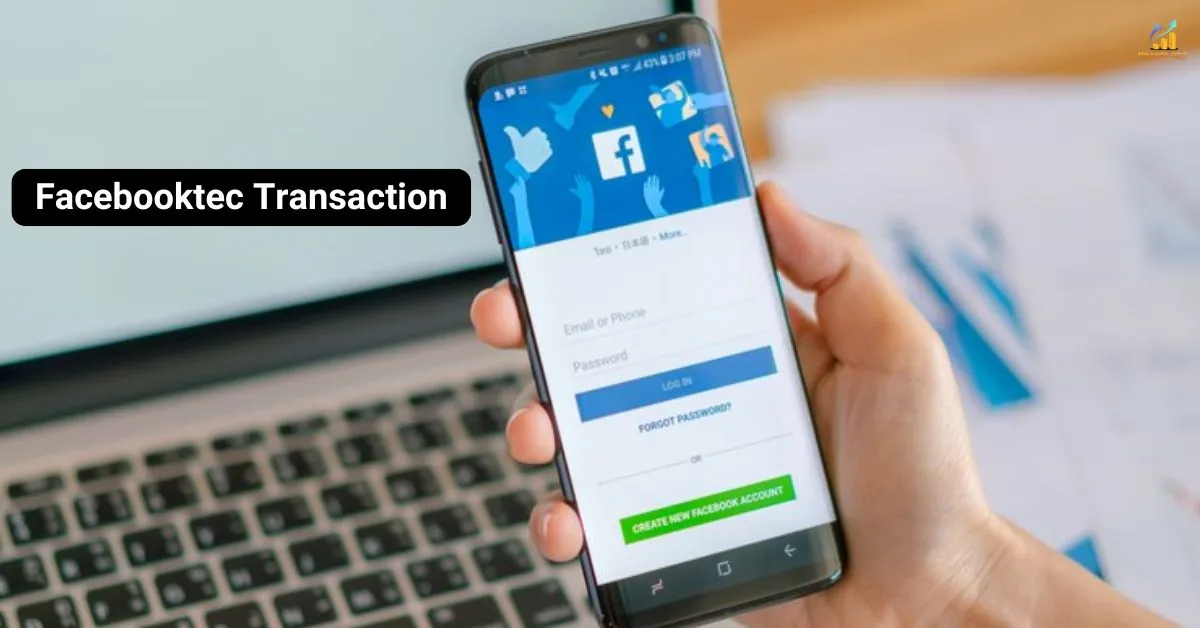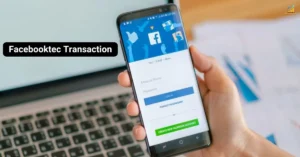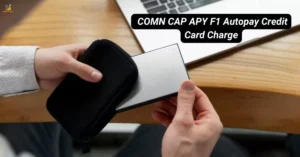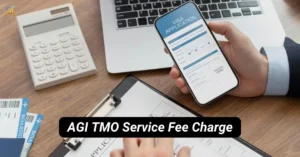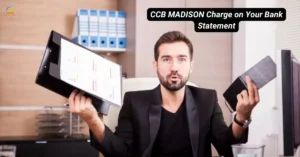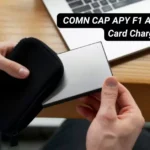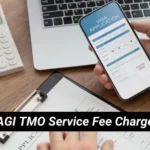Have you ever gone over your bank statement and paused at the sight of the entry – “Facebooktec”? Well, you are not the only one. This weird charge confuses a lot of people , wondering if they’ve fallen victim to fraud or if they’ve simply forgotten about a legitimate purchase.
Don’t worry – we’re here to demystify these transactions and arm you with the knowledge to manage your Facebook-related finances like a pro.
Decoding Facebooktec: The Basics
Let’s start with the burning question: What exactly is Facebooktec? Simply put, it’s the name that appears on your bank statement for transactions related to Facebook’s services. But why “tec”? It’s short for “technology,” signifying that you’re dealing with a tech company’s financial system.
These charges can pop up for various reasons, from advertising costs to in-app purchases. The key is understanding that “Facebooktec” is Facebook’s way of identifying itself in financial transactions. It’s like their digital signature on your statement.
Here’s a quick rundown of what you might see:
- FACEBOOKTEC
- FB *FACEBOOKTEC
- FACEBOOK TECHNOLOGIES
- FBPAYMENTS
Each variation points to the same source: Facebook’s vast ecosystem of services and products.
Types of Facebooktec Transactions
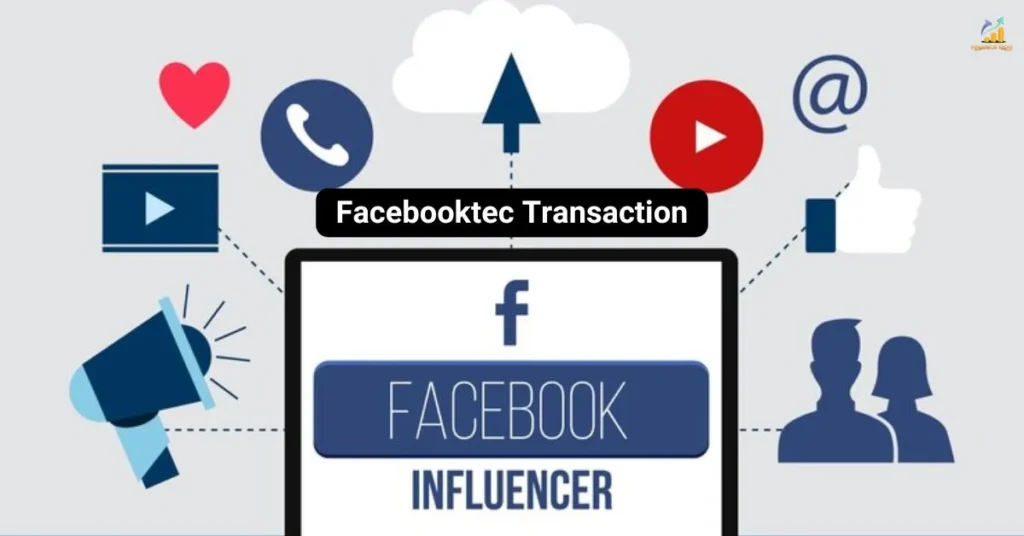
Now that we’ve cracked the code on what Facebooktec means, let’s dive into the types of transactions you might encounter. Facebook’s tentacles reach far and wide in the digital world, and so do its monetary interactions.
Advertising Costs
If you’re a business owner or aspiring influencer, you’ve likely dipped your toes into Facebook’s advertising platform. These charges are often the most common Facebooktec transactions. Whether you’re boosting a post or running a full-fledged campaign, the costs will show up under this mysterious moniker.
Case Study: Sarah, a small business owner, noticed a $50 Facebooktec charge. After some digging, she realized it was from a successful ad campaign for her handmade jewelry. The charge correlated with a spike in website traffic and sales.
In-App Purchases
Ever gotten sucked into a game on Facebook and decided to buy some extra lives or virtual currency? That’s where in-app purchases come in. These can range from a few cents to substantial amounts, depending on your gaming habits.
Marketplace Transactions
Facebook Marketplace has become a go-to for buying and selling locally. If you’ve purchased something through this platform, the charge might appear as Facebooktec, especially if Facebook facilitated the payment.
Donations Through Facebook
Facebook makes it easy to support causes you care about. If you’ve ever donated to a fundraiser or nonprofit through the platform, you guessed it – Facebooktec will be the name on the transaction.
Here’s a breakdown of common Facebooktec transaction types:
| Transaction Type | Description | Typical Amount Range |
| Advertising | Costs for running ads | $1 – $1000+ |
| In-App Purchases | Game or app-related buys | $0.99 – $99.99 |
| Marketplace | Items bought locally | Varies widely |
| Donations | Charitable contributions | $1 – $1000+ |
How to Identify Legitimate Facebooktec Charges
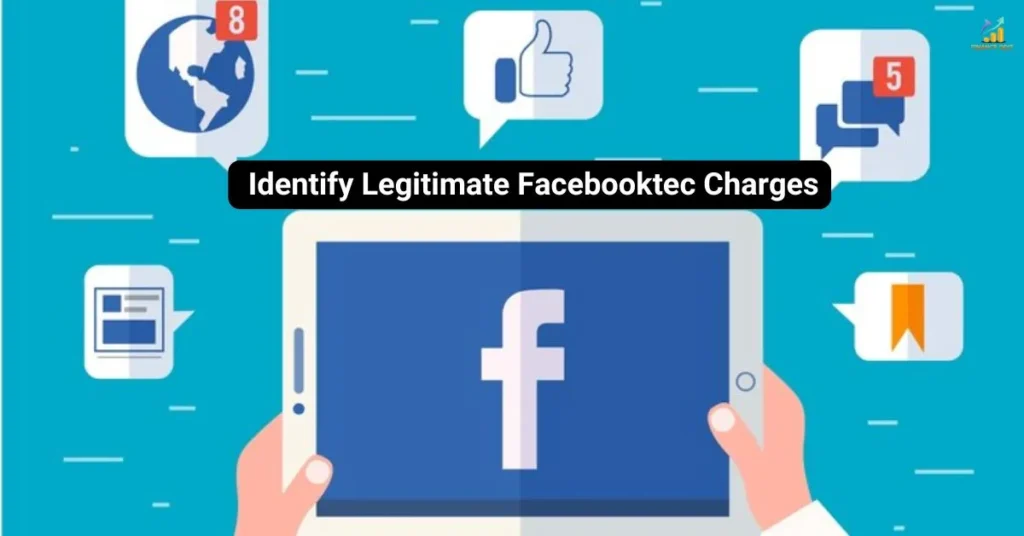
Now that we know what Facebooktec transactions can be, how do we ensure they’re legit? Here’s your game plan:
- Check Your Facebook Account Activity: Log into Facebook and navigate to your payment settings. Here, you’ll find a record of your transactions.
- Match Amounts and Dates: Cross-reference the charges on your bank statement with your Facebook activity. They should align perfectly.
- Recognize Patterns: If you’re running ads or play games regularly, you’ll start to notice patterns in your spending. This familiarity can help you spot anything out of the ordinary.
“Knowledge is power. Familiarize yourself with your Facebook activities, and you’ll never be caught off guard by a Facebooktec charge again.” – Digital Finance Expert
When to Be Concerned: Red Flags
While most Facebooktec charges are legitimate, it’s crucial to stay vigilant. Here are some red flags that should set off alarm bells:
- Unfamiliar Amounts: If you see a charge that doesn’t match any of your Facebook activities, it’s time to investigate.
- Duplicate Charges: Sometimes, glitches happen. If you see the same charge twice, it could be an error – or worse, fraud.
- Transactions from Unfamiliar Countries: Unless you’re running a global ad campaign, charges from countries you haven’t interacted with are suspicious.
What to Do If You Don’t Recognize a Facebooktec Transaction
Don’t panic if you spot a charge you can’t place. Here’s a step-by-step guide to tackling the situation:
- Review Your Facebook Activity:
- Go to Settings > Payments
- Check your ad account if you have one
- Look through your purchase history in games and apps
- Contact Facebook Support:
- Visit the Help Center
- Report the unrecognized transaction
- Provide as much detail as possible
- Dispute the Charge with Your Bank:
- If Facebook can’t resolve the issue, contact your bank
- File a formal dispute
- Be prepared to provide documentation
Remember, time is of the essence. Most banks have a limited window for disputing charges, so act quickly if something seems amiss.
Read About: What is the COMN CAP APY F1 Autopay Credit Card Charge on My Statement? Explained!
Preventing Unwanted Facebooktec Charges
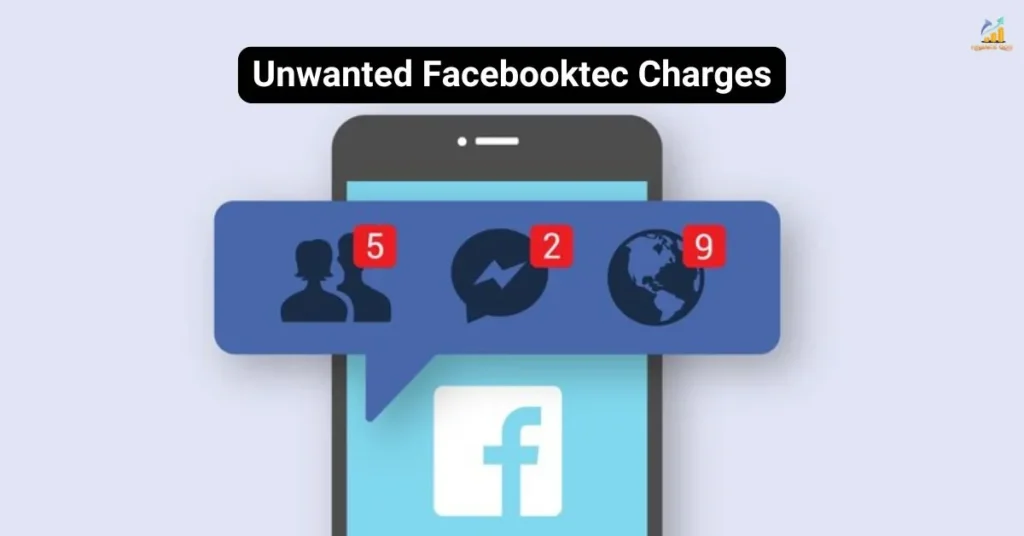
An ounce of prevention is worth a pound of cure, especially when it comes to your hard-earned cash. Here’s how to keep those Facebooktec charges in check:
Managing Facebook Ad Settings
If you’re an advertiser, keep a close eye on your ad spend:
- Set daily and lifetime budgets for your campaigns
- Use spending limits to avoid surprises
- Regularly review your ad performance and adjust accordingly
Controlling In-App Purchases
For the gamers out there:
- Enable purchase approvals in your settings
- Use password protection for purchases
- Consider setting up a separate account for gaming to limit exposure
Securing Your Facebook Account
A secure account is your first line of defense:
- Use a strong, unique password
- Enable two-factor authentication
- Regularly review your logged-in devices and remove any you don’t recognize
Read About: What Is the AGI TMO Service Fee Charge on Your Bank Statement? Explained!
Facebooktec Transactions and Your Financial Health
Let’s zoom out and look at the bigger picture. How do these transactions fit into your overall financial health?
Budgeting for Social Media Expenses
In today’s digital age, social media expenses can sneak up on you. Here’s how to stay on top of them:
- Create a “Digital Marketing” or “Entertainment” category in your budget
- Set monthly limits for Facebook-related expenses
- Review your spending regularly and adjust as needed
Tracking Digital Transactions Effectively
Digital transactions can be slippery. Try these tips to keep them under control:
- Use a dedicated credit card for online purchases
- Set up alerts for charges over a certain amount
- Utilize budgeting apps that categorize your spending automatically
The Impact of Small, Recurring Charges
Don’t underestimate the power of small charges to add up over time. A $5 weekly in-app purchase might not seem like much, but it’s $260 a year – enough for a nice weekend getaway!
The Future of Facebook Transactions
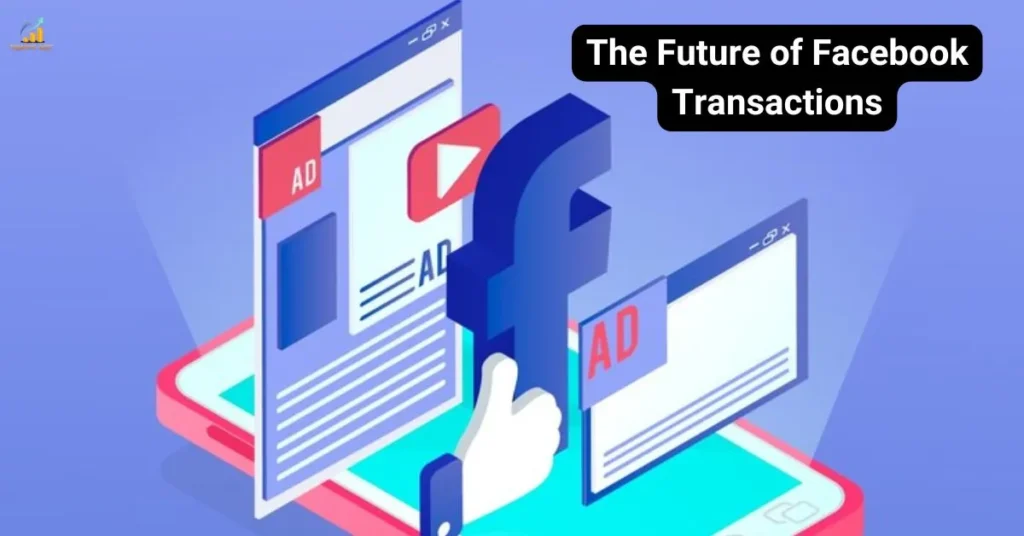
As we look ahead, what can we expect from Facebook’s financial ecosystem?
Evolving Payment Systems
Facebook is constantly innovating in the payment space. From cryptocurrency projects to expanded marketplace features, the landscape is always shifting. Stay informed about new payment options and how they might appear on your statements.
Increased Transparency in Digital Transactions
There’s a growing demand for clarity in digital transactions. We may see more detailed descriptions or even real-time notifications for Facebook-related charges in the future.
What Users Can Expect Moving Forward
- More integrated payment options across Facebook’s family of apps
- Enhanced security measures for transactions
- Greater control over spending limits and notifications
Frequently Asked Questions
How quickly do Facebooktec charges typically appear on your bank statement?
Any charges related to Facebooktec are typically processed and reflected in your banking account within one to three business days. Nevertheless, such timeframes are not definite and can differ according to your bank’s operations efficiency and the nature of the charge.
Can you get a refund for accidental Facebooktec charges?
Yes, you can often get a refund for accidental charges. First, try contacting Facebook support through their Help Center. If that doesn’t work, you can dispute the charge with your bank. Act quickly, as there’s usually a time limit for disputing charges.
Are Facebooktec transactions always in US dollars?
Not necessarily. Facebooktec transactions can appear in various currencies depending on your location and the specific Facebook service you’re using. If you’re outside the US or using Facebook’s international services, you might see charges in other currencies.
Can Facebooktec charges affect my credit score?
Facebooktec charges themselves don’t directly impact your credit score. However, if these charges lead to overspending or unpaid credit card balances, it could indirectly affect your credit. Always monitor your spending and pay your bills on time to maintain a healthy credit score.
Final Thoughts
Facebooktec transactions don’t have to be a mystery. By understanding what they are, how to identify them, and how to manage them effectively, you can take control of your digital spending. Remember:
- Always verify charges against your Facebook activity
- Stay vigilant for any suspicious transactions
- Keep your account secure and your budget in check
With these tools in your arsenal, you’re well-equipped to navigate the world of Facebooktec transactions. Your bank statement will hold no more secrets – at least when it comes to Facebook!
Have you encountered a Facebooktec transaction you’re unsure about? Share your experience in the comments below! Your story could help others navigate their own Facebook financial adventures.

I am a professional finance blogger who simplifies complex financial topics, offering practical advice on personal finance and market trends. My blog helps readers make informed financial decisions with clear, accurate insights.
